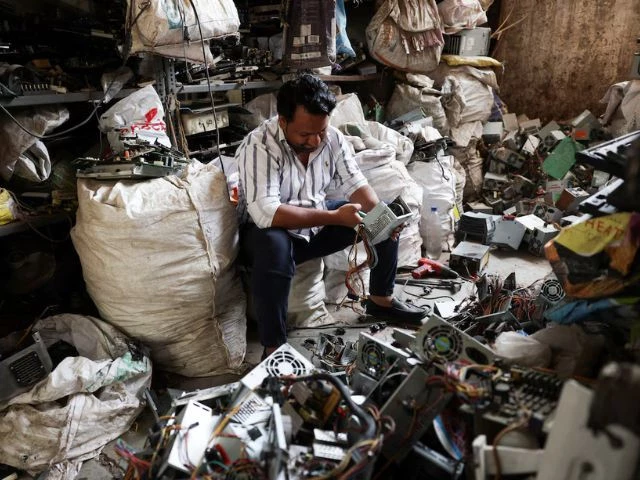Samsung, LG sue Indian govt over e-waste recycling price rules
New e-waste recycling regulations mandate minimum payment of US$0.26 per kg to recyclers

South Korean electronics majors Samsung and LG have filed lawsuits against the Indian government, challenging new e-waste recycling regulations that mandate a minimum payment of approximately US$0.26 per kilogram to recyclers.
The legal challenge, joined by other companies including Daikin, Voltas, Havells, and Blue Star, is scheduled to be heard on April 22 in the Delhi High Court.
The Indian government introduced the policy to formalise the country’s largely informal e-waste sector, which currently recycles only 43% of the estimated national e-waste output.
India is the world’s third-largest generator of electronic waste, after China and the United States.
LG’s 550-page court filing described the pricing mandate as an “enforcement failure,” arguing that penalizing companies under the "polluter pays" principle without effectively regulating the informal sector would not achieve environmental goals.
Samsung, in its 345-page filing, said the regulation “does not inherently serve the purposes of environmental protection” and warned that the rules could raise compliance costs by 5 to 15 times.
The companies contend that such fixed pricing could significantly inflate their operating costs and should be determined by market dynamics rather than government mandate.
Samsung had previously expressed concerns in a letter to Prime Minister Narendra Modi’s office, citing the financial burden of the proposed rates.
The Ministry of Environment has not responded to the lawsuits.
Meanwhile, Johnson Controls-Hitachi, which had also filed a case, has since withdrawn it without public explanation.
Industry experts say the new rules aim to draw formal players into the recycling sector and attract investment.
However, critics argue that the approach risks undermining business viability without effectively addressing the root issues in the recycling ecosystem.

























COMMENTS
Comments are moderated and generally will be posted if they are on-topic and not abusive.
For more information, please see our Comments FAQ